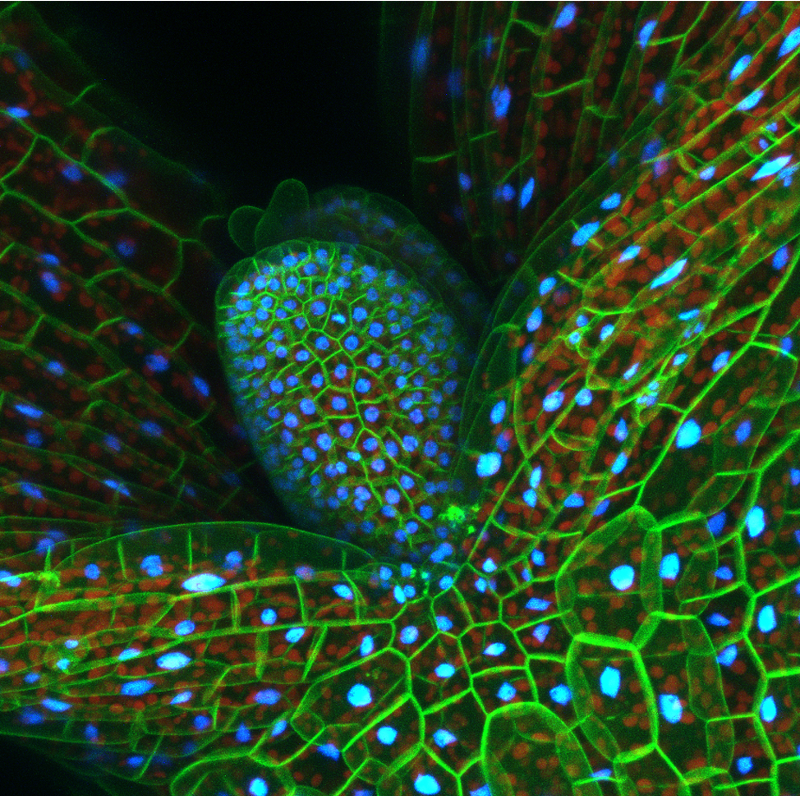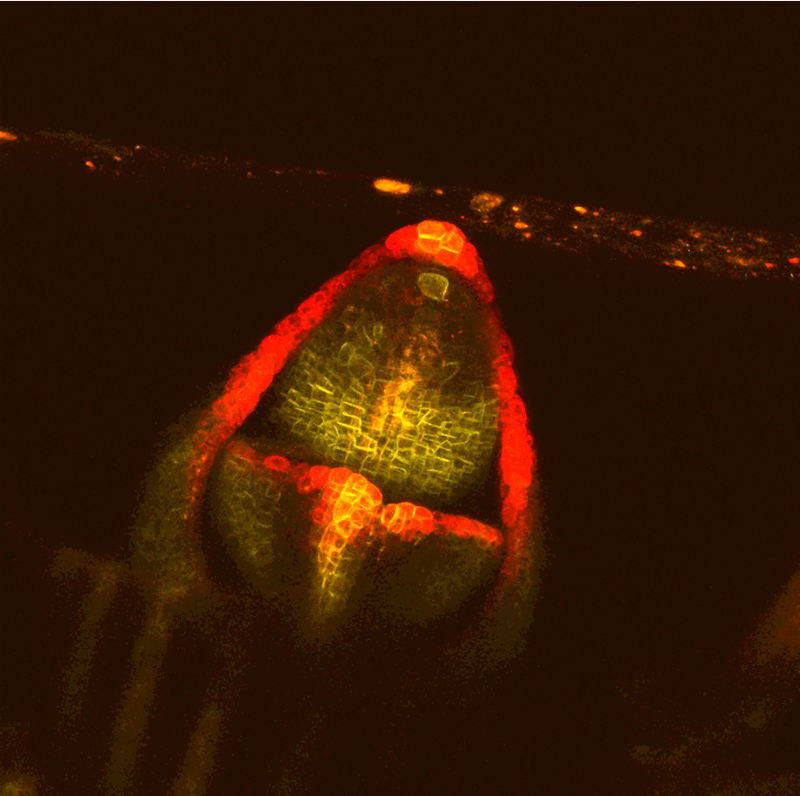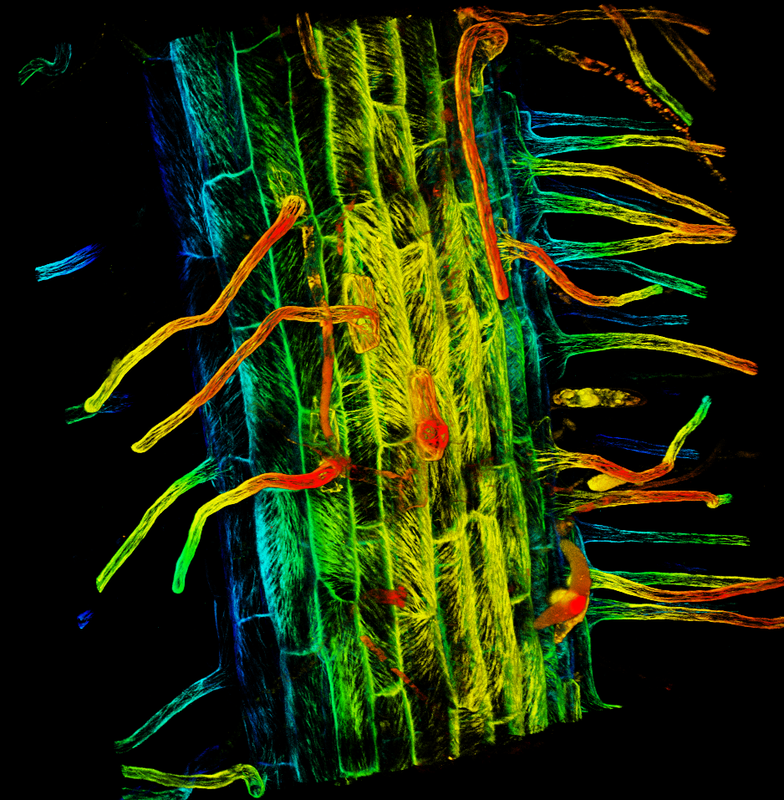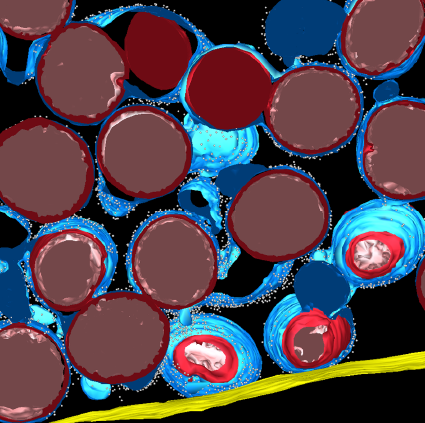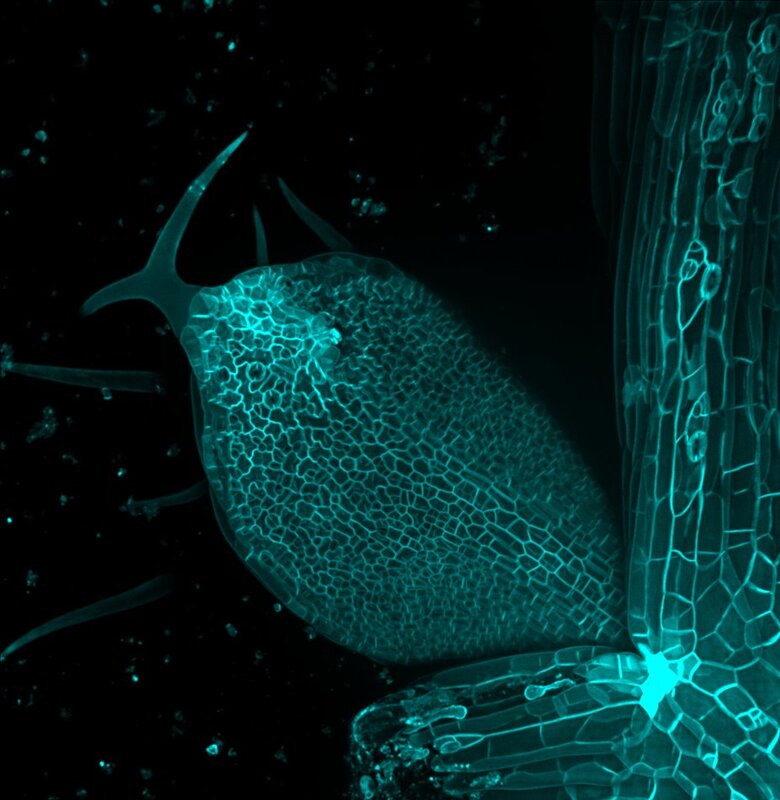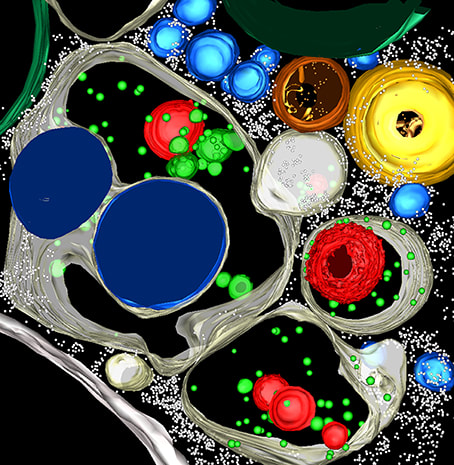Objectives
Diversifying ideas, approaches, and participation in plant science is critical for meeting the grand challenges of the twenty-first century. Recent studies have drawn attention to longstanding disparities and ongoing inequity in scientific research. While a growing awareness of the need to broaden science has sparked a proliferation of DEI statements, committees, workshops, and trainings, little progress has been made towards tangibly diversifying the field of plant science in the past two decades (1). Research on indigenous crops and unexplored biodiversity offers a unique opportunity to shift focus beyond the bounds of traditional Western priorities, while simultaneously broadening participation (2). Local scientists and innovators studying underutilized crops and biodiversity are empowering historically excluded communities through investments in capacity building and anti-colonial scientific research. Beyond generating novel scientific insights, this work has the potential to drive lasting, sustainable change in both conservation and agronomy while also enriching plant science with the perspectives of scholars from a diversity of backgrounds. In this workshop, we bring together a dynamic group of thinkers spanning multiple disciplines and axioms of diversity to present their work at the intersection of plant science research and social change. Speakers will discuss anti-colonial research frameworks, innovative capacity building efforts, and forward thinking technology transfer in this solutions-focused session moderated by 2 early-career researchers working on understudied crops and biodiversity.
1. Marks RA, et al. 2023. A critical analysis of plant science literature reveals ongoing inequities. PNAS. 120(10).
2. Dwyer W, et al. 2022. Renaming Indigenous crops and addressing colonial bias in scientific language. TIPS. 27(12).
1. Marks RA, et al. 2023. A critical analysis of plant science literature reveals ongoing inequities. PNAS. 120(10).
2. Dwyer W, et al. 2022. Renaming Indigenous crops and addressing colonial bias in scientific language. TIPS. 27(12).
Registration
Workshop Times
PDT - 7:00am - 10:30am
MDT - 8:00am - 11:30am
CDT - 9:00am - 12:30pm
EDT - 10:00am - 1:30pm
SAST - 4:00pm - 7:30pm
GMT+8 - 10:00pm - 1:30am (6/23/2023)
Search for your time zone here.
Recordings of the five of the talks can be found on the PCA YouTube channel.
Workshop Organizers and Speakers
PDT - 7:00am - 10:30am
MDT - 8:00am - 11:30am
CDT - 9:00am - 12:30pm
EDT - 10:00am - 1:30pm
SAST - 4:00pm - 7:30pm
GMT+8 - 10:00pm - 1:30am (6/23/2023)
Search for your time zone here.
Recordings of the five of the talks can be found on the PCA YouTube channel.
Workshop Organizers and Speakers
Speakers
- Liz Carlisle (University of California, Santa Barbara, USA)
- Jean-Baka Domelevo Entfellner (International Livestock Research Institute-CGIAR, Kenya)
- Jack Langworthy (Maua Mazuri, Tanzania)
- Eshchar Mizrachi (FABI-University of Pretoria, South Africa)
- Bernice Waweru (John Innes Centre, UK)
Agenda
|
7:00 AM - 7:05 AM PDT
|
Opening Remarks
|
|
7:05 AM - 7:25 AM PDT
|
Eshchar Mizrachi (FABI-University of Pretoria, South Africa)
Talk - Ecocultural Justice: Addressing Inequality of Access or Connection to Biodiversity in South Africa and Africa |
|
7:30 AM - 7:50 AM PDT
|
Liz Carlisle (University of California, Santa Barbara, USA)
Talk - Healing Grounds: Climate, Justice, and the Deep Roots of Regenerative Farming |
|
7:55 AM - 8:15 AM PDT
|
Bernice Waweru (John Innes Centre, UK)
|
|
8:20 PM - 8:30 AM PDT
|
Break
|
|
8:30 AM - 8:50 AM PDT
|
Jean-Baka Domelevo Entfellner (International Livestock Research Institute-CGIAR, Kenya)
Talk - Project-Driven Human Capacity Building for African Agricultural Genomics and Bioinformatics |
|
8:55 AM - 9:15 AM PDT
|
Jack Langworthy (Maua Mazuri, Tanzania)
Talk - The Impact and Strategy for Superior Plant Genetics in Emerging Markets |
|
9:20 AM - 9:35 AM PDT
|
Break
|
|
9:35 AM - 10:25 AM PDT
|
Panel Discussion
|
|
10:25 AM - 10:30 AM PDT
|
Closing Remarks
|

